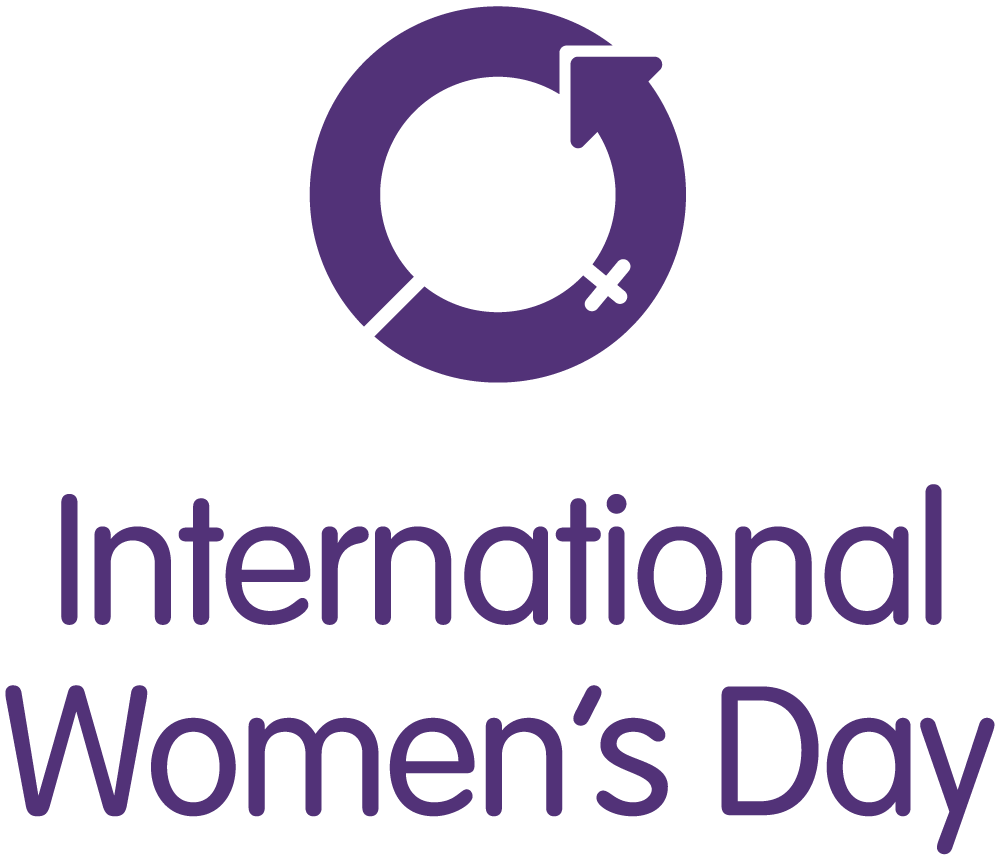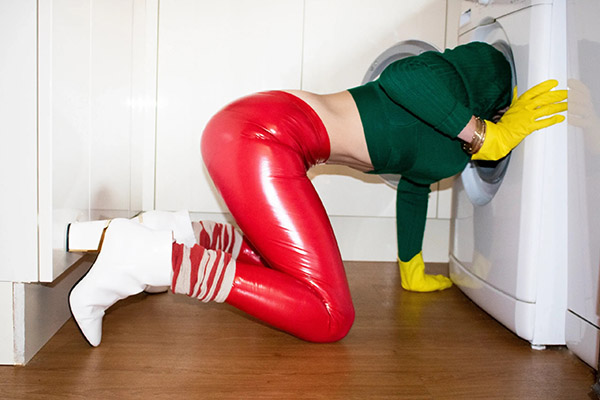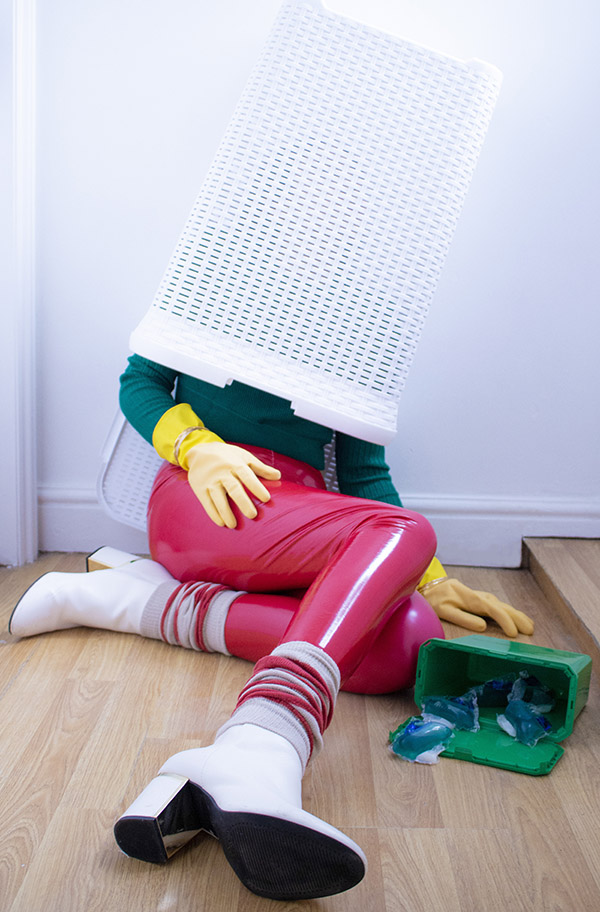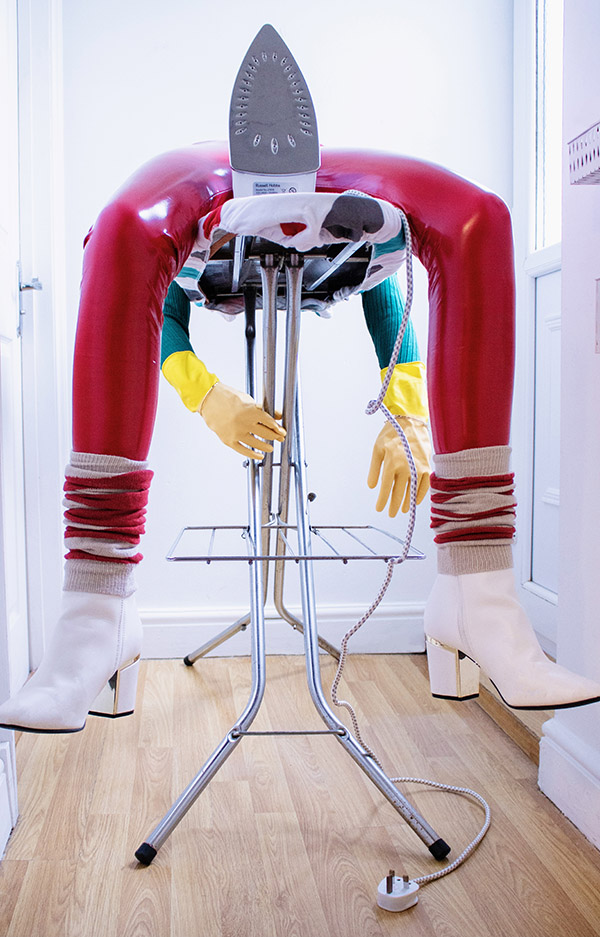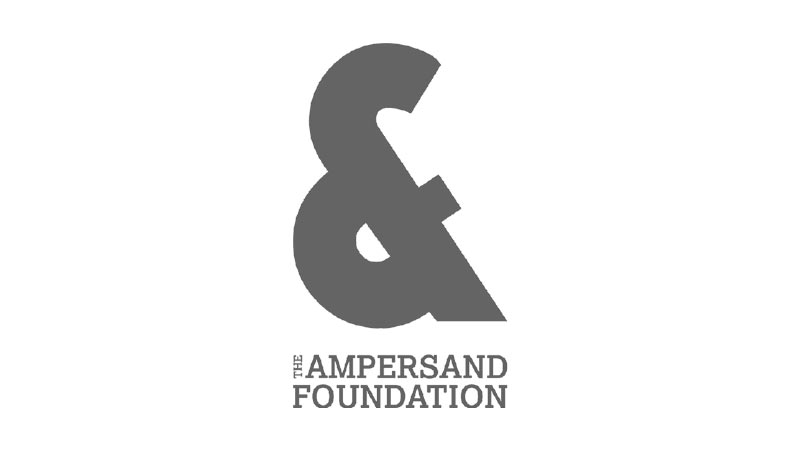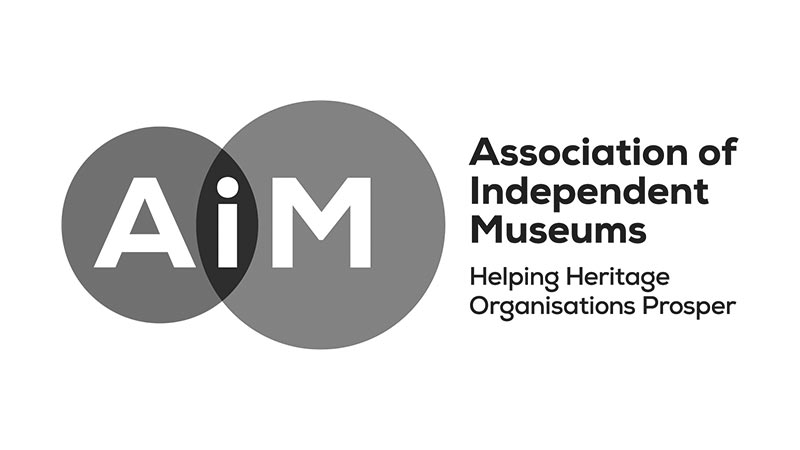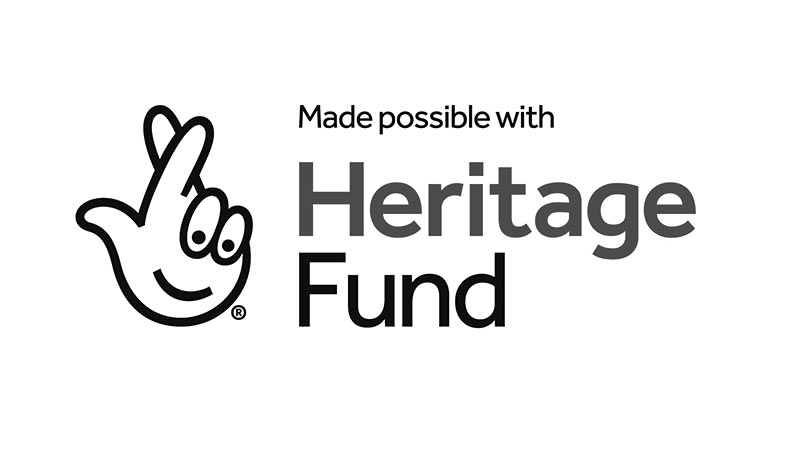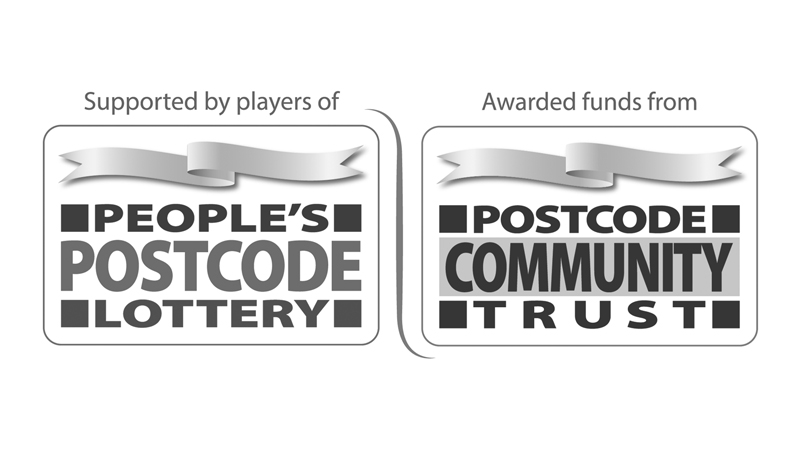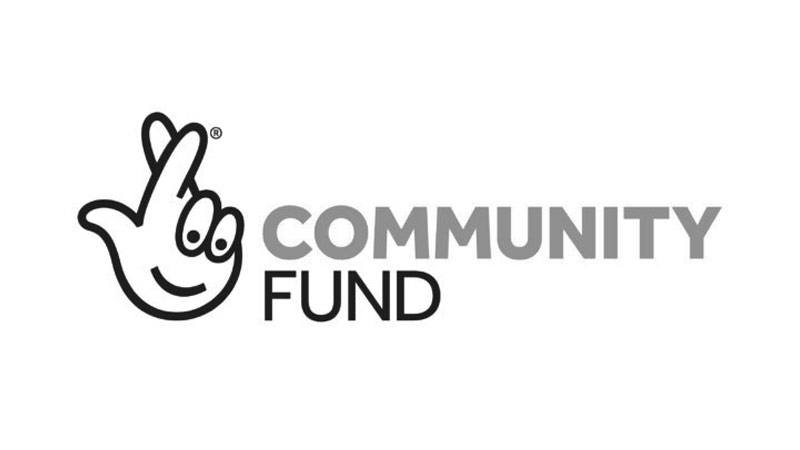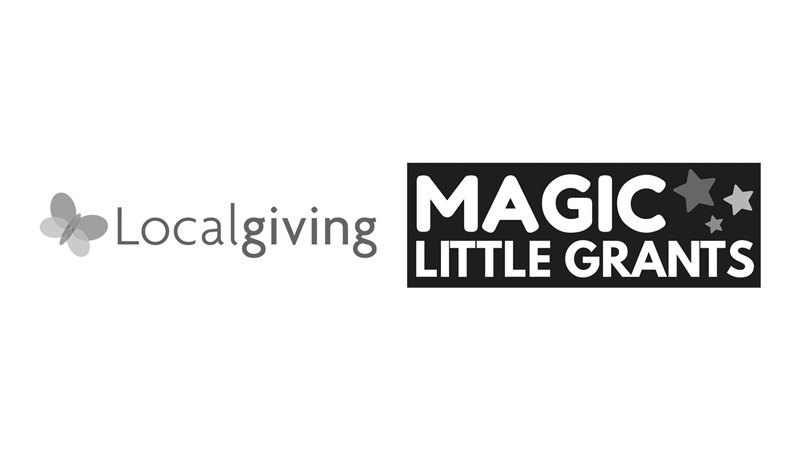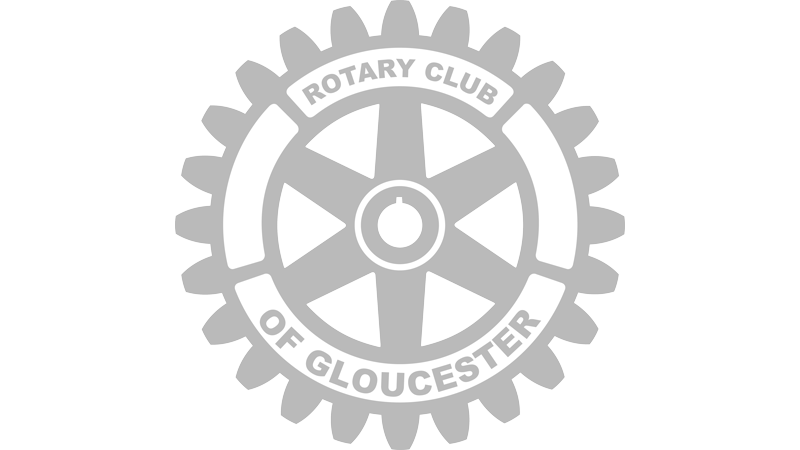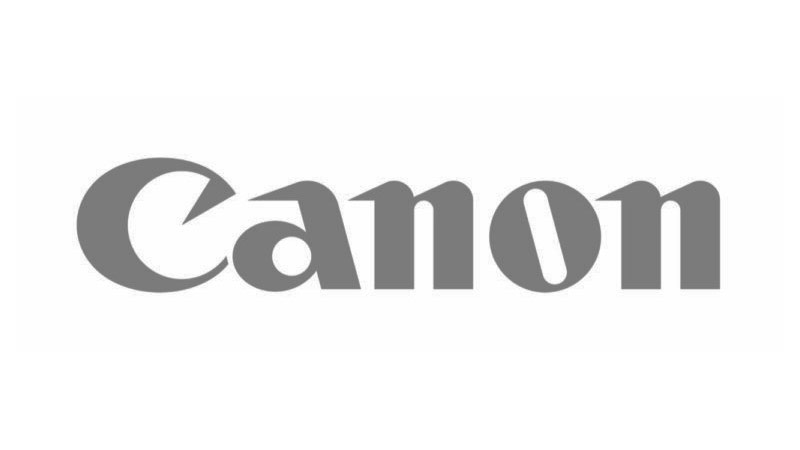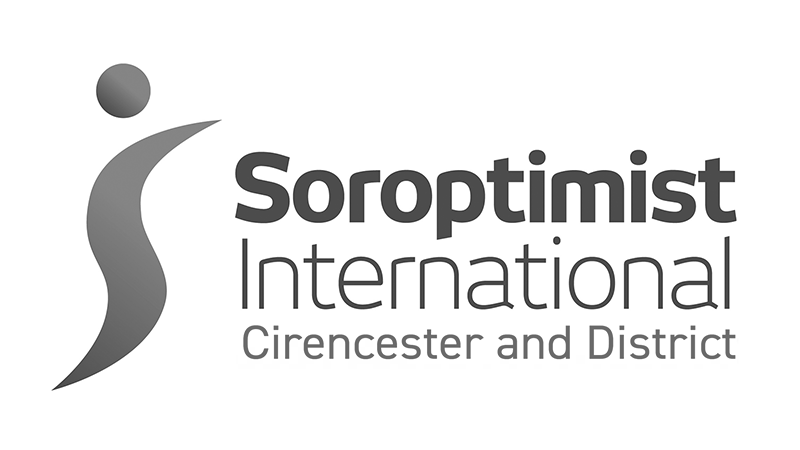From the series Wash away a women’s identity with, Covid un-colour your life capsules! © Amanda Hall. Courtesy of the Artist
Philippa Kelly in conversation with Amanda Hall.
Photographer, stylist, and creative director Amanda Hall is undoubtedly an emerging talent.
Concerned with the empowerment of women through colourful, vibrant, and imaginative concepts, Amanda’s work is inspired by mid-century aesthetics and girl power icons – think the colour palette of Netflix’s Ratched, infused with the attitude of Blondie’s Debbie Harry.
In 2020, Amanda entered the A Day in Your Life photography competition. Founded by BAFTA and multi award-winning artist Alison Jackson, the community-minded project is a platform for budding talent and aspiring photographers. Presented to the photographer whose work best embodied the theme of feminist avant-garde, Amanda was awarded the Hundred Heroines Prize.
This International Women’s Day, Hundred Heroines’ Philippa Kelly caught up with Amanda to discuss her winning image, her gender-role frustrations and her thoughts on this year’s IWD theme, #Choose to Challenge.
From the series Wash away a women’s identity with, Covid un-colour your life capsules! © Amanda Hall. Courtesy of the Artist
Philippa Kelly: As a photographer, stylist, and creative director, what is it that drives your practice?
Amanda Hall: Working across these fields enables me to combine my ideas and turn them into visual stories – it brings me such joy to develop an idea from concept to resolution and then to share it.
The journey of creating an image is just as important to me as the finished work. If I, and everyone involved, had a great time creating an image, then I feel I have produced something honest to my aesthetic. I’ve been lucky enough to work with amazing, talented women who build each other up while we work, and I believe this happy magic transfers to the finished image.
PK: How did you come to be involved in the A Day in Your Life competition?
AH: I learned about the competition on Instagram, where I follow competition curator, Alison Jackson. I’m a big fan of Alison and her work. As an artist she’s so energetic, confident and upbeat and she does so much good with competitions like A Day in Your Life, providing opportunities to creatives and raising money for various charities. A truly inspiring woman!
PK: What was the inspiration behind your winning image?
AH: At the time I shot the image, I was working on my degree in Fashion Communication and Promotion at Norwich University of the Arts. Producing a mock-Gucci campaign, I was inspired to create a fun, housework-themed shoot. However, when the pandemic hit, it made me think more deeply about women’s roles and how they are being affected by COVID-19.
The motivation for this image became the struggles many women are facing during the pandemic, their feelings of lost identities, their desire for escapism. Many women have found themselves stuck at home, bored and anxious about the future, worried and confused about the health impacts of COVID-19 and struggling to home school their children, whilst working from home themselves. All of this, alongside battling mind-numbing household chores and yearning for the experiences that once brought them joy.
PK: Clearly, no part of this image is incidental. What do the elements of its staging and styling represent?
AH: In creating this image, I researched vintage fashion photographers and studied the works of Guy Bourdin. Whilst I loved the aesthetic of Bourdin’s work, I learned of a darker motive behind many of his images. Often cropping out his subject’s heads, or having his models assume degrading poses, Bourdin was regularly criticised for his objectification of women.
This attitude is of course outdated and unacceptable. However, at a time when the pandemic has sent many things spiralling backwards, I felt this staging was right for my image. In obscuring my subject’s face, I was able to represent the great sense of self-loss many women have felt throughout the last year.
In addition, my subject’s pose, her head inside the washing machine, represents her search for escapism. Maybe she can’t hear the kids in there, or maybe she’s searching for a Narnia-style, COVID-free world at back of the drum. The washing machine also symbolises a cycle of monotony – that life in lockdown is just round and round like ground hog day!
The styling of this image sees my subject sporting a glamorous outfit to complete a mundane chore. While there are currently few opportunities to get dressed up, I have always found it helps my self-esteem to wear something I feel good in. Why not get all dressed up to stay at home, if it helps you feel empowered?
From the series Wash away a women’s identity with, Covid un-colour your life capsules! © Amanda Hall. Courtesy of the Artist
PK: After winning the A Day in Your Life competition, you went on to create two more images, turning your successful work into a series. How do these new images continue the narrative of the first?
AH: As part of my prize, I was gifted a copy of the fabulous book, Feminist Avant-Garde: Art of the 1970s by Gabrielle Schor. This book contained raw and thought-provoking series, which inspired me to create my own. I felt compelled to give my washing machine woman’s story a beginning and an end!
The image created to begin this story shows a woman sat on the floor with a washing basket on her head, washing capsules spilling all around her. She is both bored and careless. Her position symbolises the isolating feeling of lockdown; nowhere to escape to, feeling like your identity is becoming lost.
The final image sees my subject sprawled across her ironing board in rebellion; she’s given up, she refuses to iron, she doesn’t know who she is anymore. The strategically placed iron represents a resounding “screw you” to the whole process and a sympathetic call to all women who feel their identity has been diminished in the service of others.
PK: The theme for this year’s International Women’s Day is ‘Choose to Challenge’. Which gender stereotypes does your winning body of work confront? Why is this important to you?
AH: This body of work comes from my own personal perspectives and experiences, alongside those of my friends, as 30-something working mothers. It confronts the stereotypical idea that a woman’s place is in the home, challenging the responsibilities placed on women by society. Specifically, it highlights the unfathomable expectation that women should be full-time, stay-at-home mothers and schoolteachers, whilst also holding down their careers, running a home and coping with the ever-changing landscape of a global pandemic.
It’s been heart-breaking to hear how the effects of the pandemic have left friends feeling so overwhelmed and guilty, like they are failing both their children and their employers. I feel it’s important to challenge this situation. There just aren’t enough hours in the day for women to do everything being asked of them.
PK: In the wake of COVID-19, do you think there is hope for a more equitable future for women, in terms of their unpaid emotional and physical labour?
AH: I truly hope so. Many women feel forced to sacrifice their careers when they have children. They juggle work with childcare commitments, or else the commute and stringent working hours become unmanageable. Either option leads to a very stressful lifestyle. If there’s anything positive to come out of this pandemic, it’s the proof that many people can work successfully from home. I hope working from home, with flexible hours, continues to be an option in the future. This will not only empower more women, but will give them the opportunity to build great careers, as well as being great mothers.
The pandemic has also highlighted the often-inequitable amount of time spent by women performing household chores and childcare, in comparison to their partners. I hope women speak up about this unfairness, that they tell their partners how they need to be supported and that their partners listen and act.
PK: As a woman in photography, with a bright future ahead of you, what do you think you will choose to challenge next?
AH: I recently completed a dolls house-themed project with my 18-year-old sister and 12-year-old daughter. Our family home, a thatched cottage with a cream and pink interior very much like a dolls house, where they spent many of their formative years, recently had to be sold. This shoot was a joyful remembrance of the times when they still played with dolls and an emotional goodbye to their first years of childhood.
In the future, I hope to continue exploring significant experiences in women’s lives – experiences that influence how they see, behave, think or cope with the world around them.
all images © Amanda Hall
